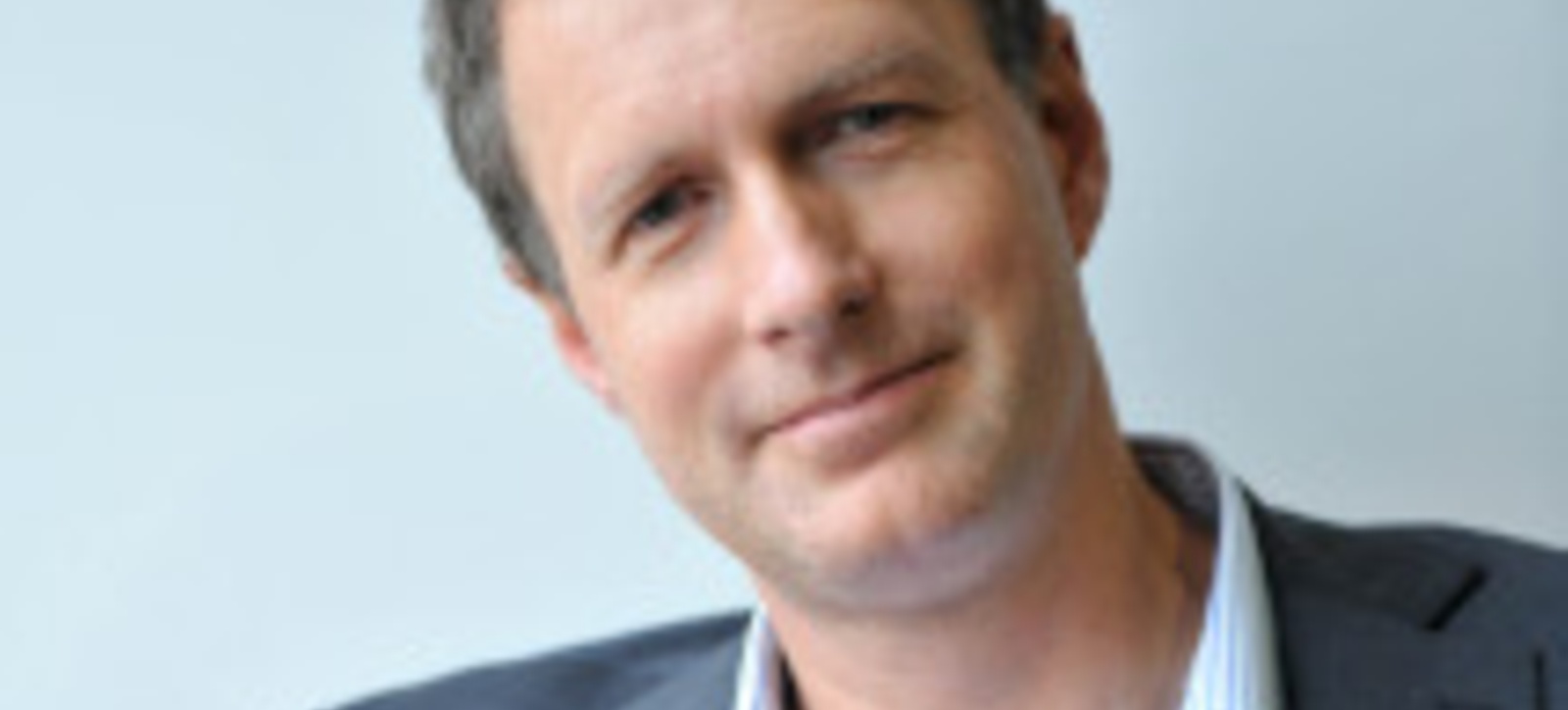
We all live in glass houses and shouldn’t be so quick to condemn those caught up in scandal.
That is the message from Professor Nick Chater as he revealed on BBC Radio Four’s The Human Zoo how having a ‘good character’ is not a permanent state and we are constantly battling not to slide into deceitful behaviour.
Bankers, MPs and journalists have been caught up in scandal in recent years, but Professor Chater, a Professor of Behavioural Science at Warwick Business School, believes that we are all just a step away from falling into the same bad behaviour.
“We shouldn’t be too confident that our self-proclaimed good character will actually ensure we don’t engage in small acts of dishonesty that, of course, can then turn into large acts of dishonesty,” said Professor Chater.
“Character does play a large role and we shouldn’t underestimate what makes character so profoundly challenging is because the environment around us is so powerful. If character was as easy as throwing a switch to general good behaviour we could all do it, but the drive to slide into wrong-doing is very insidious - it is a continuous battle against it. Character is an important concept, but it is a constant battle rather than a fixed state of mind. We should be very cautious of thinking we are a good egg and other people are bad apples.”
Professor Chater experimented on students at Warwick Business School and found most were tempted to cheat when offered money.
Students were shown a series pictures for two seconds and had to choose which side of a square had the most dots on it. They were rewarded £1 for choosing right and 10p for the left, irrespective of the right answer; but they were asked to respond honestly and accurately. Most cheated at least to some extent, picking the right side more often even when it did not have the most dots and especially when the difference was not clear-cut. Some ‘cheated’ on every trial.
And The Human Zoo online experiment found that when people were allowed to mark their own answers to a general knowledge quiz as opposed to a group that didn’t, eight out of the 10 questions saw ‘self-markers’ get suspiciously higher responses - suggesting that they weren’t reporting their results entirely honestly.
“It is surprising how flexible our behaviour is,” said Professor Chater. “We might think of ourselves as people who wouldn’t cheat under any conditions, but we do slip when the conditions arrive, when nobody is watching or when the situation is rather ambiguous, and tempting.
“Looking at any extreme behaviour, the path from the small example of deceit to the great example consists of rather small steps. The more distant and intangible the act is, the easier it is to push through acts of cheating or dishonesty.
“The way people behave getting into scandal is really a continuation of normal behaviour. Every step seems normal, reasonable and perhaps inevitable, but put them together and you can end up in a very disturbing place indeed.”
Former cabinet minister Jonathan Aitken, who served seven months in jail for perjury and perverting the cause of justice after trying to sue the Guardian for accusing him of being involved in an illegal arms deal, told Professor Chater that society is much less willing to forgive misdemeanours these days.
“The blame game has got a lot rougher,” said Mr Aitken. “The media, 24-hour news and investigative journalism makes it more difficult for anybody to deceive, suddenly they are blown up and attacked.
“An unexpected side of that coin is that we are much less willing to forgive, we rush to judgement. In a different age they might have done as well, but there was a greater willing to forgive, people tend not to believe in repenting sinners anymore.
“There is a tendency for humans, having made a first wrong step, to stay on the tramline of denial. Starting right at the beginning and continuing for miles along the track of denial is dangerous, continuing still further when found out is crazy, but it is amazing how many people stick to their deception guns and wreck their own prospect for changing their lives.
“Some people do deceive themselves and they are the most dangerous liars. I told some lies, but I didn’t lose sight of the fact that I was telling lies. I do know of people who believe completely their own fabrications and they are a worse case.”
Professor Chater believes most people embroiled in scandal find themselves there through a series of small steps, which unwittingly becomes a huge problem.
“There are two ways you can become mired in scandal,” said Professor Chater. “One is with a clear idea of what you are doing and why and the hope that you will get away with it.
“But very often people are not doing that. Instead they are engaging in behaviour that they think at any point is entirely sensible and understandable in the circumstances. After a while, there is a need to cover up these misdemeanours and the original problem can get horribly out of control.”
To listen to The Human Zoo on the BBC's iplayer click here.
To take part in The Human Zoo's online experiments click here.
Behavioural science is at the core of the Warwick MBA by full-time study. Professor Nick Chater also teaches Behavioural Sciences for the Manager on the Warwick Executive MBA and Principles of Cognition on MSc Business (Behavioural Science).
Find out more about Behavioural Science by watching our film here.




 X
X Facebook
Facebook LinkedIn
LinkedIn YouTube
YouTube Instagram
Instagram Tiktok
Tiktok